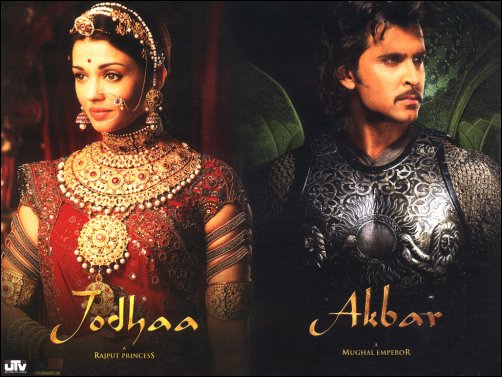Why Movies are Banned?
Posted On Monday, March 10, 2008 at at 20:50 by rk rishikesh sinha It is said that films are the mirror of society. Films reflects as well as influence the course of society by interpreting and showcasing the various aspects and complexities of human life. Though it seems to be glamorous and alluring, but film making is an uphill task. It is a creative process, which requires unyielding perseverance, strong commitment and above all adequate funds to meet with the demands of a good script. Excellent theme, superb screenplay and heart rendering music and lyrics make a film not only a box-office hit but also unforgettable.
It is said that films are the mirror of society. Films reflects as well as influence the course of society by interpreting and showcasing the various aspects and complexities of human life. Though it seems to be glamorous and alluring, but film making is an uphill task. It is a creative process, which requires unyielding perseverance, strong commitment and above all adequate funds to meet with the demands of a good script. Excellent theme, superb screenplay and heart rendering music and lyrics make a film not only a box-office hit but also unforgettable. Films have always been an integral part of Indian life style. People in India not only watch but they imbibe films, get influenced and moved by the themes. Recently, noted director Ashutosh Gowarikar's latest film 'Jodha Akbar' became controversial issue for a section of society over the name of 'Jodha'. Rajput organisation Kshetriya Mahasabha in Uttar Pradesh protested and alleged that the film maker had distorted history, which hurt their sentiments. It has been banned in Uttar Pradesh, Madhaya Pradesh and various cities of Haryana and Uttarakhand.
Films have always been an integral part of Indian life style. People in India not only watch but they imbibe films, get influenced and moved by the themes. Recently, noted director Ashutosh Gowarikar's latest film 'Jodha Akbar' became controversial issue for a section of society over the name of 'Jodha'. Rajput organisation Kshetriya Mahasabha in Uttar Pradesh protested and alleged that the film maker had distorted history, which hurt their sentiments. It has been banned in Uttar Pradesh, Madhaya Pradesh and various cities of Haryana and Uttarakhand.
Couple of months back, 'Aaja Nachle' was also banned in Haryana and Punjab due to controversial lyrics 'Bazar mein machi hai maramar, bole mochi bhi khud ko sunar' from the title song ' Aaja Nachle'. According to reports, the song had offended people belonging to scheduled castes.
Similarly, in 2000, Hindi films faced banning in the northeastern region of the country. It was alleged that the Hindi films undermine the cultural values of the states.
It is a known fact that films have been censored for one or the other reason. Often these include objectionable scenes, overriding of facts and figures and transgression of established norms in society. 'Kissa Kursi Ka' [1970] and 'Kama Sutra: A Tale of Love' [1996] are two of the movies that would be knowing.
But we cannot deny the truth that Indian psyche is vulnerable and gets hurt every now and then. As the themes of Indian films includes societal situations, social values and burning issues, so the integrity on the part of director is also indispensable. Sensitive issues based on casteism, communalism, customs and culture of a particular region must be dealt with honesty and cautiously so that there must not be any aggression and violation.  But the important thing to note is that Hollywood films are warmly welcomed and vociferously watched by the Indian audiences despite so much objectionable scenes, and alienated story lines. Is it only because of the reason that Indian people don't understand the language of these films? May be.
But the important thing to note is that Hollywood films are warmly welcomed and vociferously watched by the Indian audiences despite so much objectionable scenes, and alienated story lines. Is it only because of the reason that Indian people don't understand the language of these films? May be.
Nevertheless, the media coverage that these organisation get by stirring up the hornets' nest is another reason that movies are banned. And now, when media is all around peoples' mass reaction to any particular movie has become easy self-triggering.
Written by Pranati Saikia